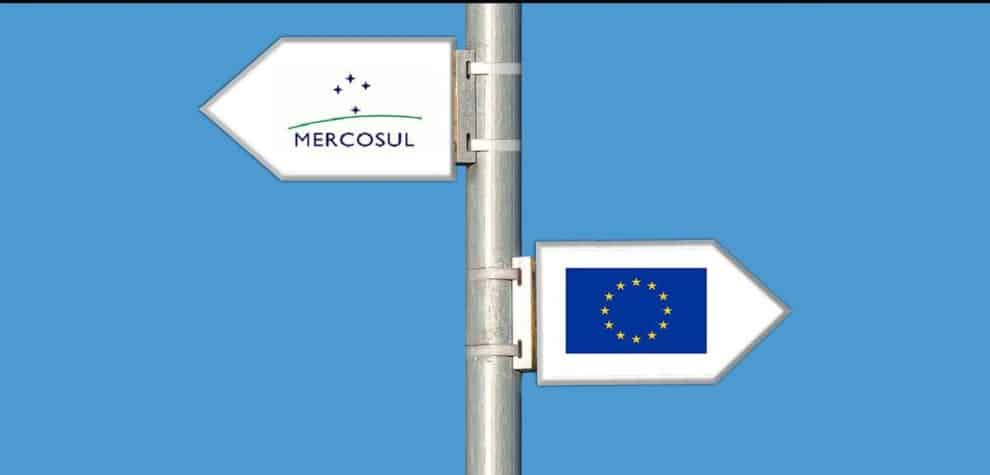With Brazil only days away from reaching 100,000 deaths attributed to coronavirus, a ranking released by the Transparency International NGO found that the Brazilian Federal Government was not transparent in pandemic related data. Although the majority of states and entities were completely transparent, the federal government scored 49.3 out of 100. The administration of President Jair Bolsonaro has been erratic in dealing with the pandemic and the lack of transparency is proof of this. This policy of trying to save the Brazil’s economy by keeping it open has in fact done the exact opposite to what Bolsonaro was hoping.
This lack of transparency demonstrates an internal logic of how the Brazilian government is treating this pandemic. With a high degree of neglect and very little organization, Bolsonaro has taken no interest in doing what must be done to overcome the pandemic. Despite the high daily death rate in Brazil attributed to coronavirus, remaining consistently at over 1,000 deaths a day, a change in Bolsonaro’s position is not on the horizon. As the most recent data published by the Ministry of Health points out, Brazil has a total of 2,801,921 confirmed cases and 95,819 deaths attributed to the virus. Despite coronavirus remaining out of control in the South American country, this has not stopped Bolsonaro from opening Brazil to tourists last week in a desperate attempt to raise revenues.
The Brazilian President seeks support from the large segment of the population that is skeptical of coronavirus and believe it to be a minor flu, as Bolsonaro himself described it in April. Those most loyal to Bolsonaro are by extension supporters of U.S. President Donald Trump and also believe that there should be no restrictions for the sake of the economy. In fact, the government is very attached to a portion of the Brazilian population that think this pandemic is not very significant and therefore it is unlikely that Bolsonaro will have a change in policy in dealing with this pandemic. The hope is that by leaving Brazil open, the already struggling economy will not worsen.
However, has this worked as expected?
The pandemic has assumed political contours in both the U.S. and Brazil. The governments of both countries tried to differentiate themselves politically from opponents and made a political bet during the pandemic. However, this bet did not work as they had hoped as they now have the most cases and deaths attributed to coronavirus. This shows a disarticulation and a very narrow view of the political process in relation to taking necessary actions. And it is this very irresponsibility of Bolsonaro that has attributed to a breakdown in relations between Brazil and the European Union.
The economic agreement between two trading blocs, the European Union and South America’s Southern Common Market (Mercosul), must first be approved by the governments of the countries in the blocs and by bodies of the European Union. Some European sectors, however, are resistant to the pact with Mercosul, and this is mostly attributed to Bolsonaro’s behavior.
France’s Environment Minister, Élisabeth Borne, has already stated that she will not sign an agreement “with a country that does not respect the Amazon rainforest, which does not respect the Paris Agreement,” referring to Brazil.
Earlier to Borne’s October 2019 comment, French President Emmanuel Macron said he was against the trade agreement between the European Union and Mercosul because of Bolsonaro’s inability to deal with forest fires and climate change. In September 2019, the Austrian Parliament voted against the free trade agreement between Mercosul and the European Union, putting the project at risk.
The resistance in the European Union to sign a deal with Mercosul is attributed to Bolsonaro’s actions. The initial hesitance from Europe was due to environmental issues, many months before the coronavirus pandemic in Brazil went out of control. Bolsonaro’s handling of coronavirus will only increase resistance to the European Union-Mercosul deal. What we will likely see is increased pressure from groups in the European Union that will use any negativity attached to the Brazilian government to justify not signing a deal with Mercosul. Bolsonaro’s poor management of the coronavirus government is just part of a set of other factors that have increased the negative international view towards Brazil, with British newspaper, Financial Times, even calling Bolsonaro “Captain Corona” in July.
Although the U.S. is the only country suffering more than Brazil due to the pandemic, unlike the emerging economy of Brazil, the U.S. has a stronger domestic market and have better conditions to face the current scenario of closed borders and protectionism. Washington has fewer limitations than Brazil, which have different limits on resource use and fiscal management, as well as capacities to make very different economic contributions.
Bolsonaro attempted to take a very Trumpian approach in dealing with the coronavirus. But by doing so he has further hampered trade opportunities, such as with the European Union, while not having a strong domestic market as the U.S. does. The Brazil’s president’s insistence on not dealing with the pandemic to ‘save the economy’ will see the coronavirus draw out for far longer compared to most other countries. While many countries are returning to normalcy and making an economic recovery, Brazil’s coronavirus and economic woes will only drag out longer due to Bolsonaro’s insistence on not dealing with the pandemic. More importantly, he is one of the major reasons why a European Union-Mercosul deal is not being made, which again hampers Brazil’s economic recovery.
Paul Antonopoulos, an independent geopolitical analyst
